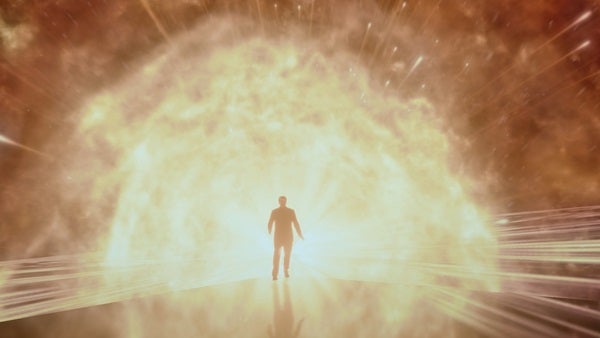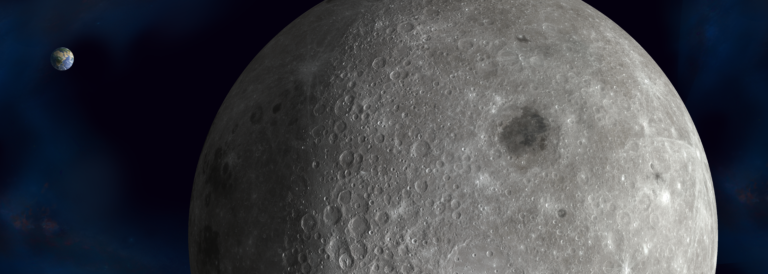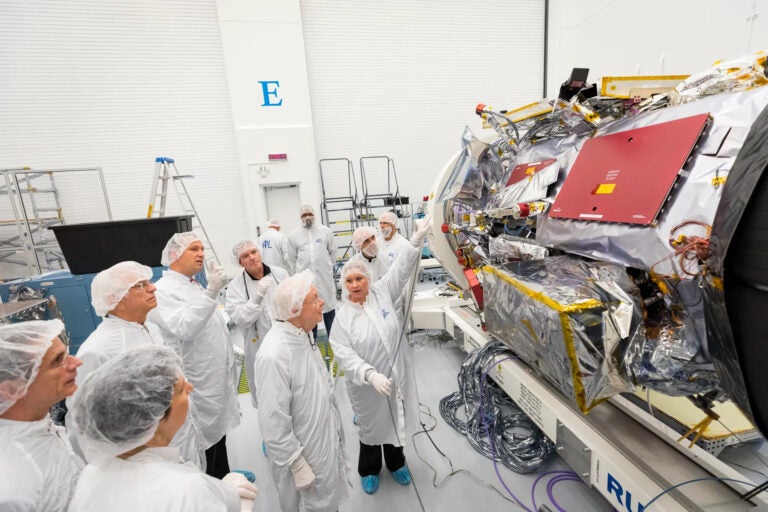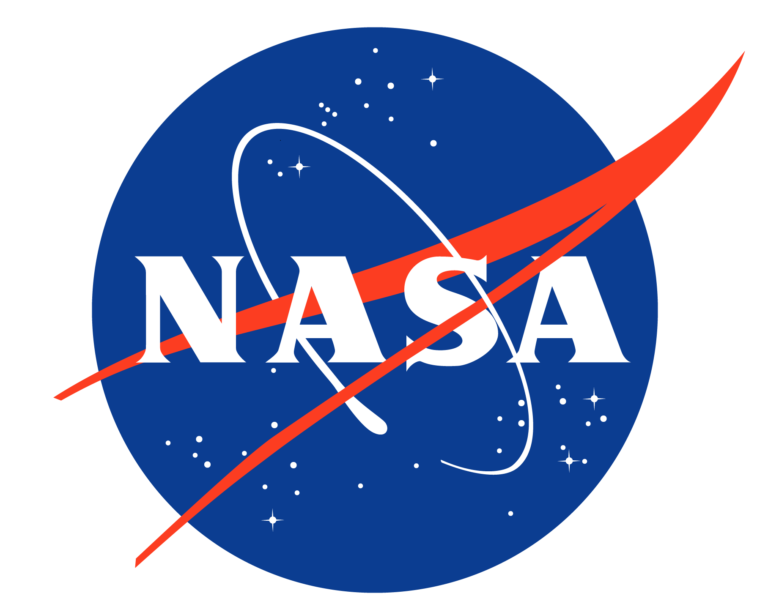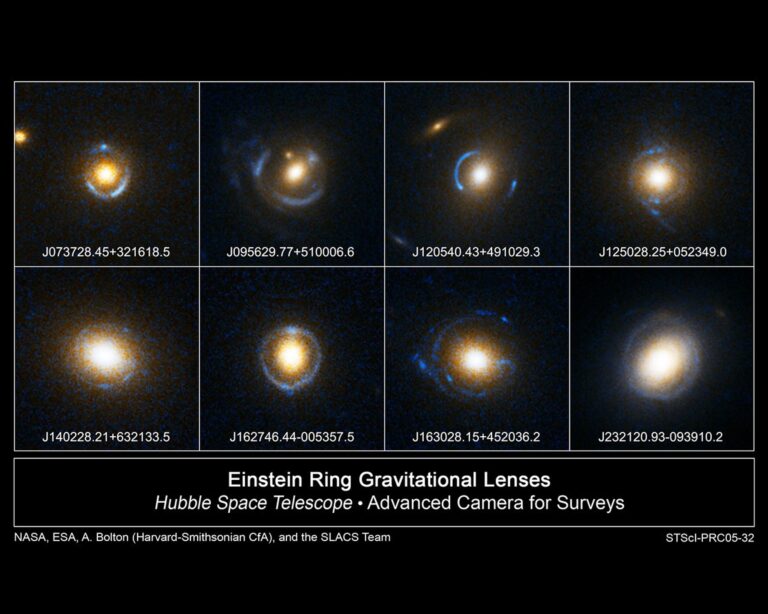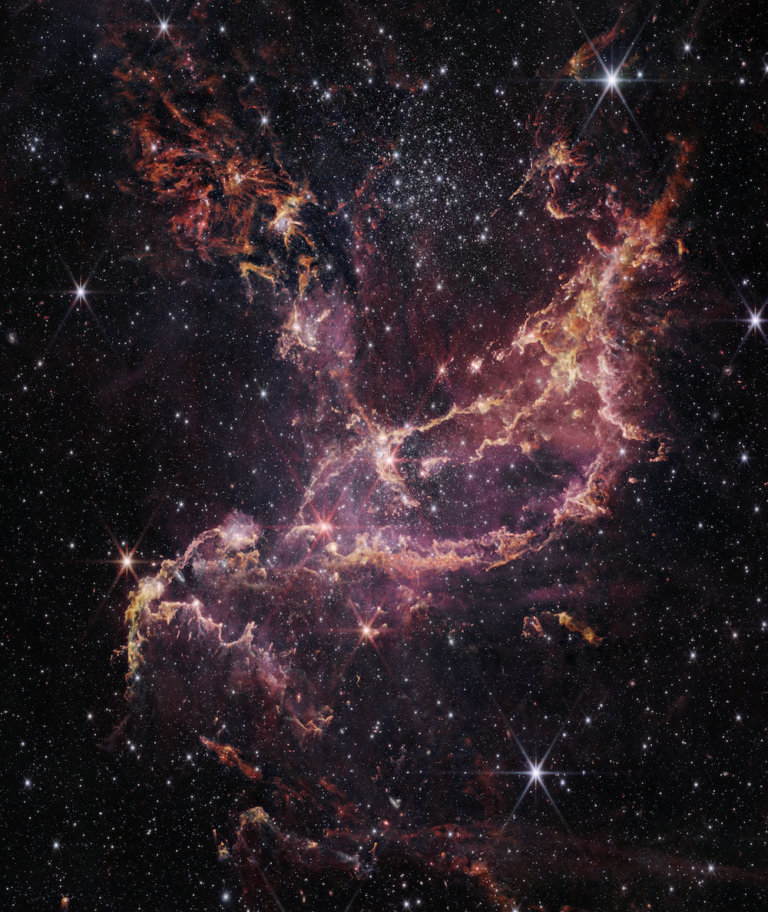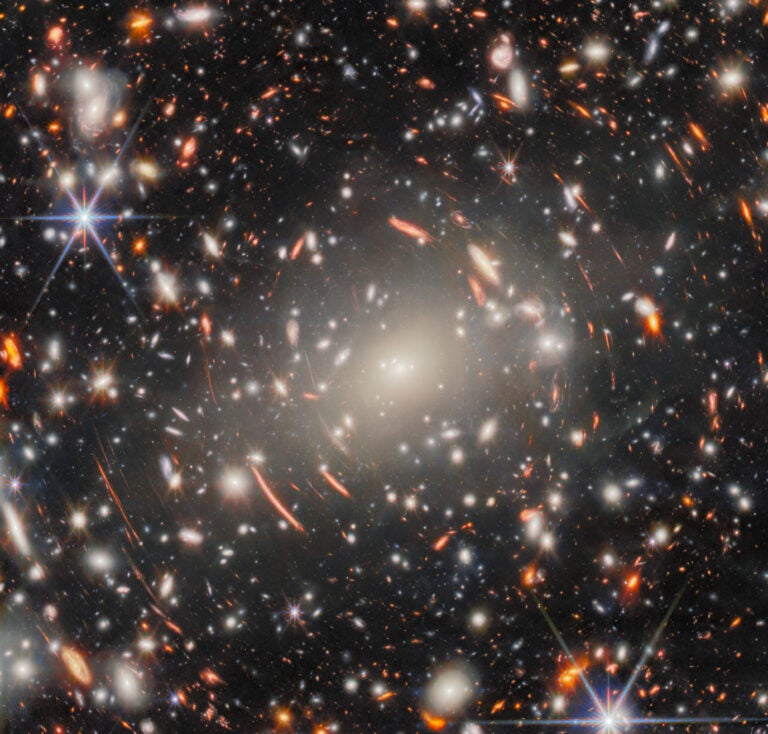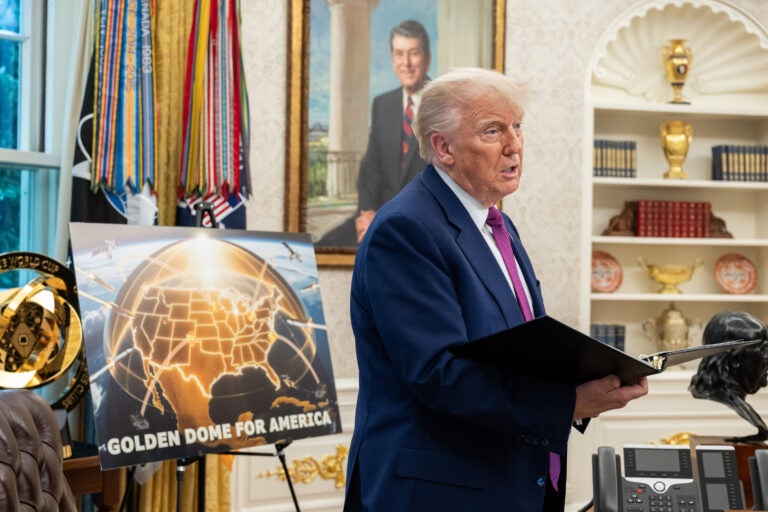It was a science book not quite like any that had been published before. Sagan subtitled it “An Extraterrestrial Perspective,” and that is how it read. It was a deeply personal, quirky, passionate account told by someone whose mind had just returned from a journey far, far beyond Earth (billions and billions of miles away, you might say). I read it as a child and was captivated. I had lot of good company. The Cosmic Connection was a hit, Sagan ended up as a semi-regular guest on The Tonight Show, and for many people he became the definitive public face of science.
The connection that began with that book remains unbroken. In 1980, The Cosmic Connection begat the Cosmos TV show on PBS, which has reportedly been seen by 500 million people around the world. Sagan died in 1996 but his voice returned in a 2014 sequel, Cosmos: A Spacetime Odyssey, again co-created by Sagan’s widow Ann Druyan and now hosted by Neil deGrasse Tyson. I had some quibbles with the show’s history, but enormous admiration for its message and its creativity.
Now Cosmos and the essence of Sagan are back for Cosmos: Possible Worlds, with Tyson once again piloting the show’s signature “spaceship of the imagination.”
A lot has changed since the time of The Cosmic Connection and the original Cosmos. Back then, the existence of planets around other stars was a matter of speculation; now it is scientific fact. The possibility of building spaceships that sail on light was just an intriguing technical idea; now there is a light sail circling above Earth, due in no small part to the efforts of Sagan and Druyan. Society has changed, too. The current season was delayed while Tyson was investigated (and cleared) for charges of sexual misconduct.
What hasn’t changed are the essentials of what made Sagan’s original books and episodes so enduring. Like its predecessors, Cosmos: Possible Worlds is alive with the wonder of discovery. It reminds us that the scientific method can be a disruptive process, one that sometimes appears threatening to those who hold political and cultural power. Science is no simple force for good, however. It is a human endeavor, and it therefore carries within it the same desires and biases and emotions that permeate everything we do.
At its best, though, science can help us stand outside ourselves, to gain an expanded perspective on our behavior and on our place in the universe. It can help guide us past our limitations, and it can reveal how tiny we are within the glorious vastness of nature. Cosmos: Possible Worlds has its quirks and hokey moments; those come with the territory. Above all, though, it radiates a giddy sense of possibility—of thinking greater thoughts, of seeing unknown vistas, of making the world a better place. Like The Cosmic Connection 47 years ago, it is a welcome beacon in a world that too often seems fixated on darkness.
For some perspective on all that perspective, I spoke with host Neil deGrasse Tyson about the new series of Cosmos, and about what its vision means to him. A lightly edited version of our conversation follows.
It sounds like a cliché, but this is the best of the three Cosmos’s. I know I’m supposed to say that about their current project, but I’m telling you this is the best of the three. I’m better, the writing is better, the set design is better, the visual effects are better, the music is better. Everybody brought their A game. These are people who normally work on large-budget movies. They came to work on this television project in part because of the legacy and because there’s a mission behind this effort.
It was a delight to be in the company of that level of talent and expertise. Our visual-effects supervisor was the head of the world society for visual effects. Even what I was wearing—it’s hard to call it a costume, but my clothing was conceived and designed by Ruth Carter, who was the costume designer for Black Panther!
We can now represent things that previously would have been unthinkable because the effects just weren’t there. In this round we visualize the quantum world. The subtitle of this series [of Cosmos] is “possible worlds,” and the visual effects gave us access to many different kinds of worlds.
We’re not just showing possible worlds around other stars. More metaphorically, there are possible worlds among what we could have for Earth going forward. One of the possible worlds is: We’re all extinct, because we were bad shepherds of the effects of civilization on the ecosystem. Another possible world is that we thrive, not just survive but thrive in the future harmoniously with the ecosystem that has so unselfishly given of itself in the history of civilization.
Cosmos always balances optimism and realism. When you look far forward, do you think some aspect of humanity will survive in, say, a billion years from now?
You mean, Will we last more than the typical three-million-year life expectancy of a mammalian species?
Exactly. I don’t imagine that it’s going to be us a billion years from now, but do you think that our direct evolutionary descendants will be around?
That’s a long time. I think we’ll have control over our genome so we won’t have to wait around for natural selection to do anything. Look what we can do today with CRISPR just in your kitchen. So I don’t think it’s a question of whether we will evolve in the right way so that we don’t die.
I think the evolutionary issue here is not going to be morphological or biophysical. It’s going to be intellectual and emotional. Are we wise enough to make the right decisions at the right time in the interest of our health and our wealth and our security. If we’re not wise, it seems like that’s what has to evolve here. And if we do, then I don’t see why a billion years wouldn’t be easily within our reach.
[laughs] You know, you can’t step into a Sagan slot and not be conscious of the number billion. There were a couple of times I would punch it up a notch, almost as an homage, but otherwise not. I do remember a couple of times when I didn’t think the editors would use those cuts where I went high on the intonation scale.
Sorry, back to our conversation. Many people who think about the future of humanity imagine us someday merging with computers. Does that seem credible to you?
No, not really. And I know I’m an outlier here. It doesn’t feel credible because, you know, I have in my palm access to the internet. So you’re saying, “Oh, now I’m going to wire that with a USB connection into my brainstem.” How fast access am I going to want? Is it not fast enough to pull this phone out of my pocket? For me, the fact that it is right with me every day I leave the house, that doesn’t leave me wanting this thing to be surgically connected—to get silicon surgically connected to my physiology.
You don’t crave more speed, more connection to information?
Here’s a related analogy. Air transportation, in its early decades, was about how fast can you fly to your destination, how to minimize the time you’re on an airplane. So planes got faster and faster. We got to jets instead of propellers, and then we got the supersonic transport. Then things started pulling back. Why? Well we had the 747. Planes got larger, they had better food, they had more leg room. The seats were more comfortable. Today we have the internet on your flight, we have any movie you’d ever want to watch, we have music.
The idea that speed was so important that we would want it at all costs gave way to a different idea: I am comfortable in this environment, and in fact I can even catch up on things. I can binge on shows I didn’t have time to watch at home. You can come off the plane in a better place than you were before you entered it. And so no one is trying to make planes faster today. In fact, they’re slower than before. The typical speeds are 500 to 550 miles per hour, whereas when I was growing up, the speeds were 600 to 650 miles per hour.
So to say we’re going to become one with artificial intelligence because we want the speed, I just don’t see that happening.
A lot of people also dream that computer technology will bring us immortality. That’s a possible world they long for: “We will upload our brains, and then we’ll never die.
Well, I would ask, if you upload your brain, how do you know that’s still you? I don’t think we understand consciousness enough to assert that. We can say that’s your knowledge. That thing, that entity has all the same knowledge that you have, but is that you? I don’t know.
We know that an identical twin has identical DNA to you yet they are not you. You don’t have their thoughts and they don’t have your thoughts. So this notion of uploading your consciousness—I’m not going to pay close attention to it until we have a secure understanding of what consciousness is in the first place.
That’s a whole other mysterious world, the mental world that is still barely being explored.
Right. It’s a frontier perhaps as vast as the universe itself.
There are different levels of feasibility. Is it possible by the laws of physics? Yes. Is it within reach of engineering? Yes. Is it in reach of funding and political will? That’s a whole other question. We live at a time today when, except for the most exotic of space concepts like warp drives, no one is saying we can’t do something because we can’t do it technologically. Such naysayers existed in the 1940s and 1950s and even the 1960s. Today it’s, “We’re not going to do it because we don’t want to do it. Or we don’t have the money. Or we don’t have the political motivation.”
So yeah, so laser-sail technology is real. The real question is, Are we going to do it?
I was excited to see Cosmos touch on the possibility of sending a telescope out to the solar gravitational lens point, a distant location where the Sun’s gravity could tremendously magnify a distant planet. I’ve never seen that represented in popular culture until now.
That was new to me, too, until I did some more homework on it. There was an entire article on it in Scientific American. I thought it was legit to elevate to the level of a theme in a Cosmos program.
I interviewed Slava Turyshev, a leading advocate of a solar gravitational lens mission, who convinced me that the technology is within reach; I also wrote a feature about it in Discover. I gather you’re convinced too?
Yeah, yeah, most certainly. Not warp drives, but using the sun as a magnifying glass and sending out the laser-pumped star sails—most certainly.
What were you most proud of in the new series? Was there one particular moment that stood out?
I’m going to take the easy answer to that and say episode 13, the last episode. Ann [Druyan] cleverly decided to build the episode around the world’s fair. Carl Sagan attended the 1939 World’s Fair in the fairgrounds of Queens in New York, and I attended the 1965 World’s Fair in the fairgrounds of Queens of New York. Both of those life experiences had an indelible influence on our lives. And she wanted to create just such an influence on a next generation as Carl Sagan and I had been influenced back then.
How would you describe that influence? I’m really asking, What impact do you want the latest Cosmos to have on the viewer?
It’s complex, and different people will take different messages from it. In the historical stories, which were done almost exclusively in animation, we tell the plight of scientists who met dogmatic challenges manifested in politics, culture, religion, ideologies. Those people were basically science martyrs. You had a fun tussle with Steve Soter about one of them, Giordano Bruno [from the previous Cosmos series].
We want people to be aware that the challenges are persistent. Those folks, they had an idea that they wanted to put forth. They had a hope for the future based on their insights and wisdom into the scientific process, the methods and tools and especially the discoveries.
Right. We imagined a world’s fair for the year 2039. That’s 100 years from the world’s fair that Carl Sagan attended. We have a double imagination going on there. We imagine what it will be like in 2039, 20 years from now. Then we also ask what the world would be like in their imagined future—so it’s the future of the future. That was fun. I enjoyed the hope that that episode brought us.
The solutions that were put forward a little bit science fiction-y. For instance, we talked about a carbon dioxide scrubber that pulls it out of the atmosphere and makes limestone sculptures out of it. We turned cleaning up the Earth into an art. These are pie-in-the-sky ideas, but they show that you can invoke modern science and technology in ways that can serve our needs rather than ways that create our problems.
For more science news and ideas, follow me on Twitter: @coreyspowell

